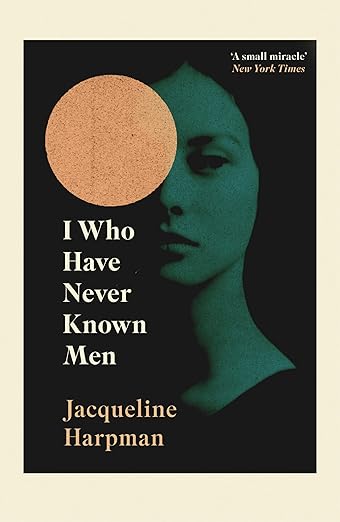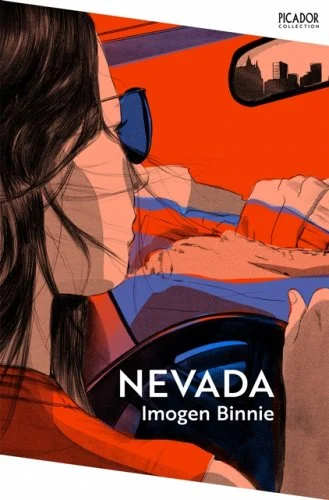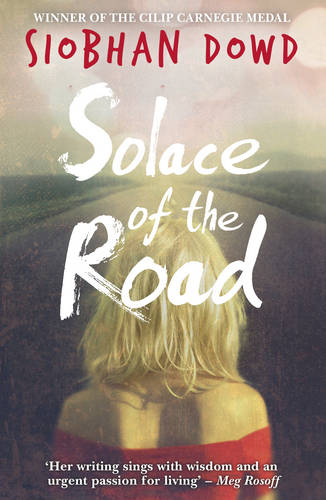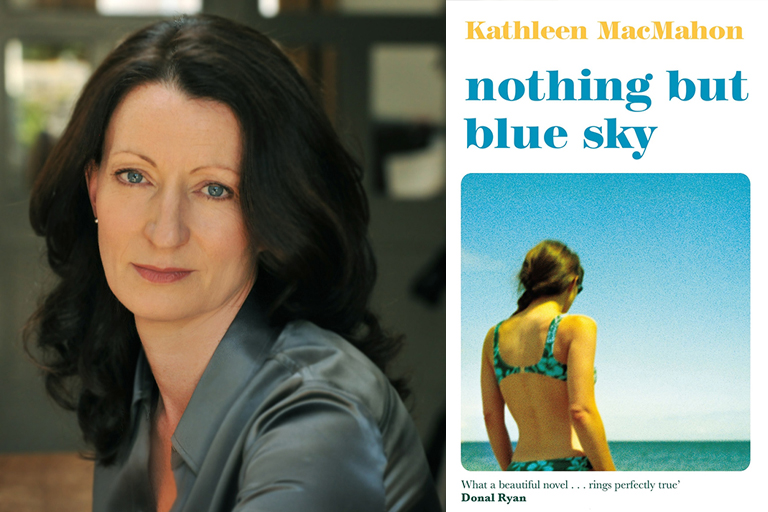Sometimes in order to write, the best thing one can do is read. For many writers, it’s important to immerse yourself in the genre your writing – for research, and for inspiration. So, we asked Women’s Prize longlisted author Kirsty Capes for three novels that helped her while writing her new book Girls.
Kirsty says: “Before I wrote my novel, Girls, I hadn’t read much road trip fiction at all. A road trip is central to the plot of Girls, which follows two estranged sisters travelling across the Mojave Desert to scatter their late mother’s ashes and resolve their troubled childhoods. When it comes to characters undertaking physically and emotionally transformative journeys within the pages of a novel, these three taught me something essential – that the figurative journey a character undertakes is just as important as the literal one.”

I Who Have Never Known Men is slight in size, but profound in scope. A speculative, dystopian novel by Belgian author Jacqueline Harpman, it follows forty women who are held in an underground prison for unknown reasons. When one day an alarm sounds and the guards disappear, the women venture out into the barren wasteland above. Falteringly, they set out to find a new place to call their home. This is a stunningly sparse novel that leaves the reader with more questions than answers. It examines women in community, the minutiae of loneliness and isolation and the idea of home.

This super-cool novel follows Maria as she embarks on a road trip across the States after a relationship breakdown. In the desert, Maria meets James, and a brief encounter in a supermarket spirals into a razor-sharp polemic on trans identity, culture and politics. Published in the US in 2013, it went out of print for several years and didn’t make it to the UK until 2022. I’m so glad that it’s now available to a mass audience and can cement itself as the cult classic that it was born to be.

An uncompromising look at the care system through the eyes of a teenager, Solace of the Road follows Holly, a young girl who runs away from her foster home to reunite with her Mum in Ireland. I loved this book because it’s one of those rare looks at care that takes the good with the bad, is never didactic, and is uncompromisingly frank in its nuanced portrayal of the experience. It is also delightfully British, with lovingly crafted descriptions of M4 service stations.








